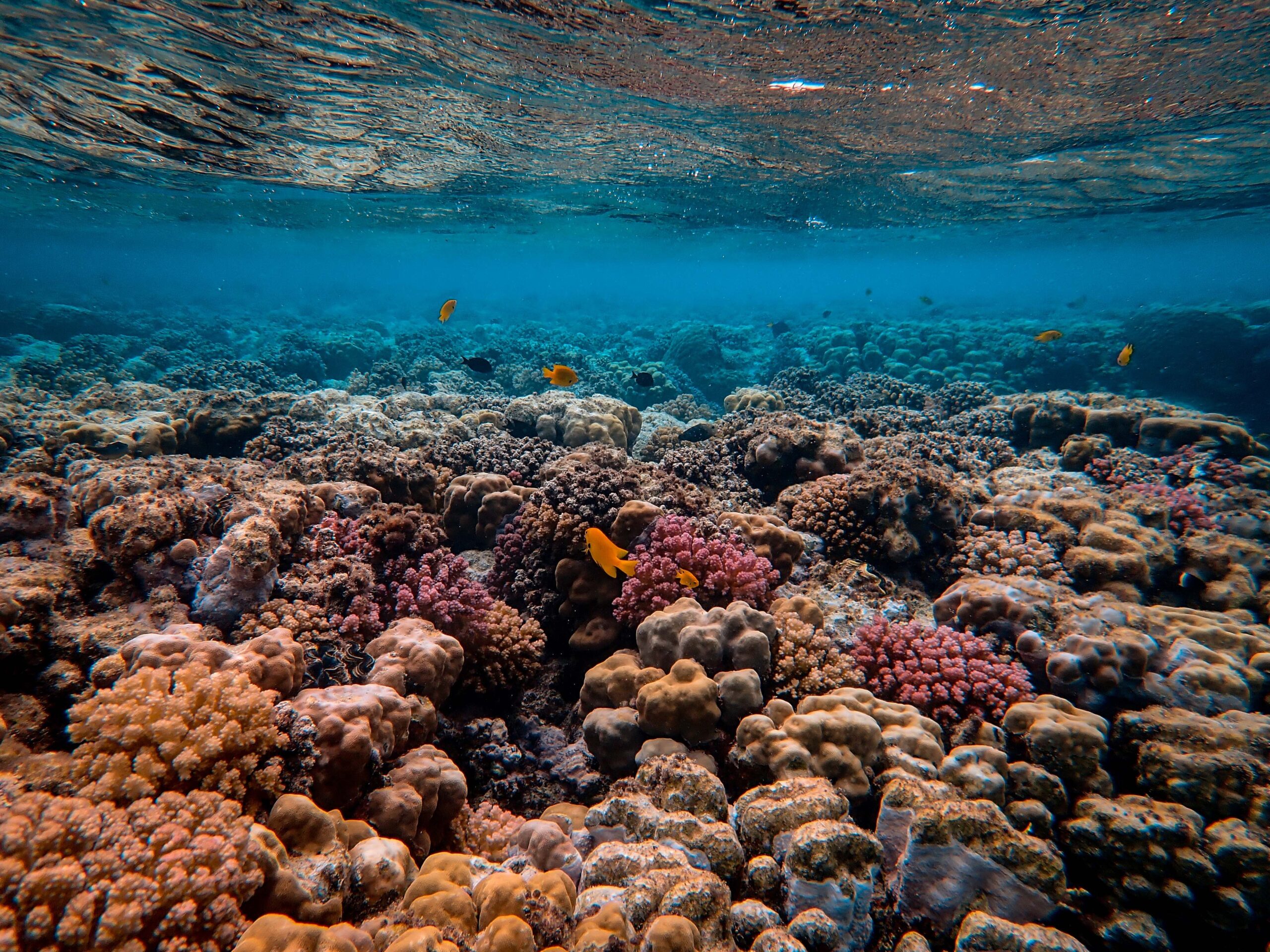Costa Rica, Honduras, and the Dominican Republic are part of the largest mass coral transplant in the region. More than 900 coral colonies were restored in Costa Rica in 2022 thanks to Coralmania, an initiative to protect marine biodiversity.
Coralmanía was born in 2016 after the cooperation of the Dominican Consortium for Coastal Restoration, the Dominican Foundation for Marine Studies (Fundemar), the Puntacana Group Foundation, Counterpart International, CEBSE, and The Nature Conserva, with the support of the German Development Cooperation, GIZ.
The mission is to restore more than 6,200 m2 of degraded coral reefs with the help of volunteer divers who are called upon to participate in the task between November and December.
In the country, the transplanting of Pocillopora spp. was carried out. This is one of the fastest-growing corals and, due to its branched shape, serves as a home for many species of crustaceans.
To achieve this, tourism companies and public entities such as the National System of Conservation Areas (SINAC), Raising Coral Costa Rica, the University of Costa Rica (UCR), the Samara Beach Coral Project Association, the National Learning Institute (INA), Scuba Caribe and MareBlue joined forces.
Said operations were conducted in Playa Blanca and Samara in Guanacaste, as well as in Punta Leona and Golfo Dulce in Puntarenas.
“We want to establish Costa Rica as a leader in coral reef conservation. There is a lot of talent among the diverse restoration groups already working here. If we join forces, we will advance our efforts to protect and restore this essential and beautiful ecosystem better and faster,” explained Joanie Kleypas, director of Raising Coral Costa Rica.
Coral reef restoration is a tool for the natural recovery of ecosystems and for research on measures to improve reef resilience to climate change.
The 90 divers who participated this year were able to transplant more than 900 coral colonies that will serve as homes for many species of crustaceans.
“Coralmania allows us to contribute and comply in the environmental area with the institutional social responsibility; that is why the restoration of coral reefs is a way to help the strengthening of our ecosystems, the environment and therefore, social sustainability of our region,” pointed out Wagner Moreno, director of the Guanacaste branch of the University of Costa Rica.
This program contributes to several Sustainable Development Goals to improve biodiversity on the planet. It is also aligned with the “Decade of the Oceans” or the United Nations Decade of Ocean Sciences for Sustainable Development (2021-2030).






